Microsoft-Activision Merger: FTC's Appeal And Future Uncertainty
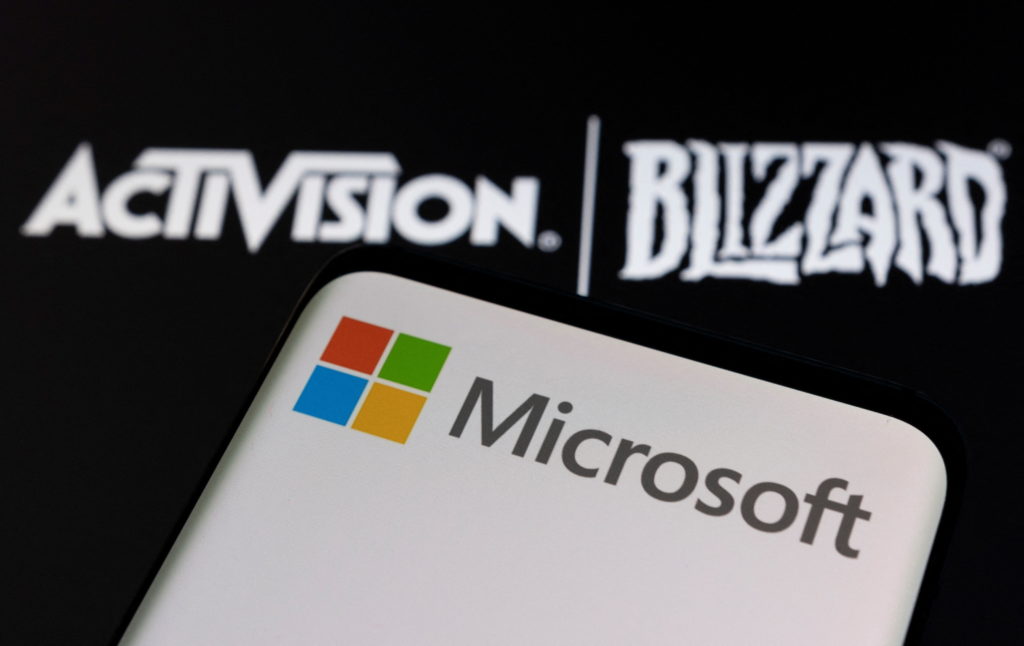
Table of Contents
The FTC's Appeal: A Deep Dive
The FTC's lawsuit against the Microsoft-Activision merger stemmed from concerns about anti-competitive practices and the potential for harm to competition within the gaming market. Their key argument centers around the idea that Microsoft acquiring Activision Blizzard, the creator of enormously popular franchises like Call of Duty, World of Warcraft, and Candy Crush, would give Microsoft an unfair advantage, stifling competition and potentially harming consumers.
-
FTC Lawsuit and Initial Arguments: The FTC argued that the merger would allow Microsoft to leverage its market power to make Activision Blizzard's games exclusive to Xbox, harming competition from other platforms like PlayStation and Nintendo. They highlighted the potential for increased prices and reduced choices for gamers.
-
The Court Ruling and the Appeal: A US District Court judge initially sided against the FTC, finding insufficient evidence to support their claims of anti-competitive behavior. However, the FTC, believing the ruling to be flawed, filed an appeal, arguing the judge misconstrued crucial elements of their case and underestimated the potential for harm to the gaming market.
-
Timeline and Potential Outcomes: The appeal process could take several months or even years to resolve. Possible outcomes range from the FTC successfully blocking the merger, to a modification of the merger agreement to address the FTC's concerns, or ultimately, upholding the initial court decision and allowing the merger to proceed. The legal arguments presented by the FTC in their appeal will focus on demonstrating the substantial competitive harm that the merger could cause.
-
Legal Arguments in the Appeal: The FTC’s appeal will likely hinge on strengthening their arguments regarding the potential for anti-competitive behavior, perhaps by presenting new evidence or highlighting the precedent set by similar antitrust cases. They will aim to demonstrate the long-term impact on the gaming market and how the merger would substantially lessen competition.
Impact on the Gaming Industry and Consumers
The Microsoft-Activision merger's outcome will significantly impact the gaming industry and consumers alike. The potential repercussions are far-reaching and affect various aspects of the gaming landscape.
-
Competition in the Gaming Market: The merger's success could lead to reduced competition, particularly if Microsoft makes popular titles like Call of Duty exclusive to Xbox or Xbox Game Pass. This would limit choices for players on other platforms, potentially impacting market share for PlayStation and Nintendo.
-
Game Prices and Availability: The elimination of competition could lead to higher game prices and potentially reduced availability, especially for players who prefer alternative gaming platforms. Exclusive deals could force consumers to switch ecosystems or miss out on popular games.
-
Call of Duty Exclusivity Concerns: The fate of Call of Duty is a central point of contention. Making it Xbox exclusive would give Microsoft a major competitive advantage, potentially driving users towards its ecosystem while harming PlayStation's market position and lessening consumer choice.
-
Impact on Other Platforms: PlayStation and Nintendo would likely experience a significant shift in market dynamics if the merger goes through. The loss of major franchises could impact their sales and possibly lead to a reshaping of their game libraries.
-
Innovation and Competition: The merger's ultimate effect on innovation is uncertain. While it could potentially lead to increased investment in game development, the reduced competition resulting from the merger could also stifle innovation.
Potential Outcomes and Future Scenarios
Several possible scenarios could emerge from the FTC's appeal, each with profound implications for the gaming industry.
-
Merger Approval/Rejection: The most straightforward outcomes are a complete approval or rejection of the merger. Approval would cement Microsoft's dominance in the gaming market, while rejection would force Microsoft to abandon its acquisition plans.
-
Negotiated Settlement: Microsoft and the FTC could reach a negotiated settlement involving concessions from Microsoft, such as commitments to keep Call of Duty multi-platform for a certain period or other measures to alleviate anti-competitive concerns. This is often a path to avoid lengthy and costly legal battles.
-
Microsoft's Future Strategy: The outcome will substantially impact Microsoft's future gaming strategy. A successful acquisition would solidify its position as a leading player in the industry, while rejection could force a reassessment of its growth plans.
-
Activision Blizzard's Future: Activision Blizzard's future trajectory will be profoundly shaped by the outcome. A successful merger could provide significant resources and opportunities for growth, while rejection might lead to a period of uncertainty and potential restructuring.
-
Implications for Future Mergers and Acquisitions: The FTC's appeal sets a precedent for future mergers and acquisitions within the gaming and broader technology industries. The ruling will influence how regulatory bodies approach large-scale consolidations in the future.
Conclusion
The FTC's appeal of the Microsoft-Activision merger decision creates significant uncertainty for the gaming industry and its consumers. The outcome will have far-reaching consequences regarding competition, pricing, and the availability of popular games. The appeal's success or failure will shape not only the future of this particular merger but also set precedents for future regulatory scrutiny of large-scale acquisitions in the tech sector. The Microsoft-Activision merger remains a closely watched case, with profound implications for the entire gaming ecosystem.
Call to Action: Stay informed about the ongoing developments in the Microsoft-Activision merger case. Follow reputable news sources and regulatory updates to understand the implications of this crucial decision for the future of the gaming landscape and the broader tech industry. Understanding the Microsoft-Activision merger and its various challenges is crucial for anyone interested in the future of gaming.

 Cy Young Winners April Strikeout Still Fired Up Despite 9 Run Lead
Cy Young Winners April Strikeout Still Fired Up Despite 9 Run Lead
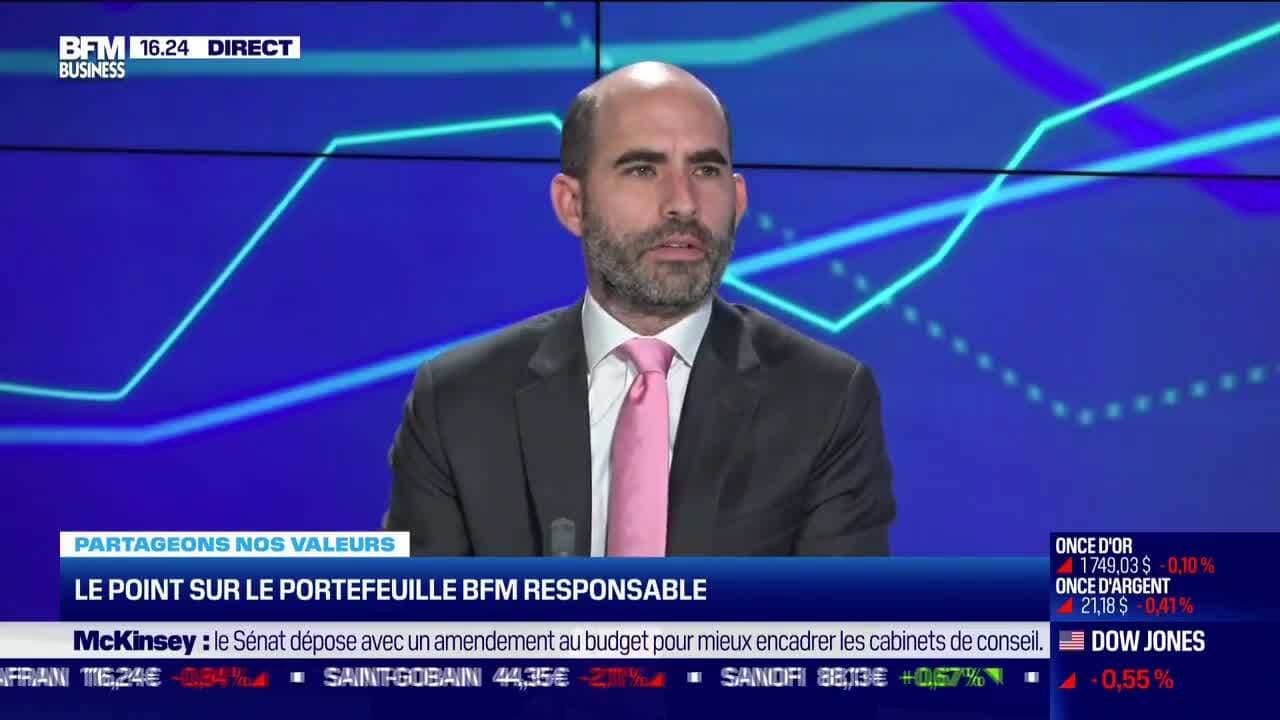 Le Portefeuille Bfm Arbitrage De La Semaine 17 02
Le Portefeuille Bfm Arbitrage De La Semaine 17 02
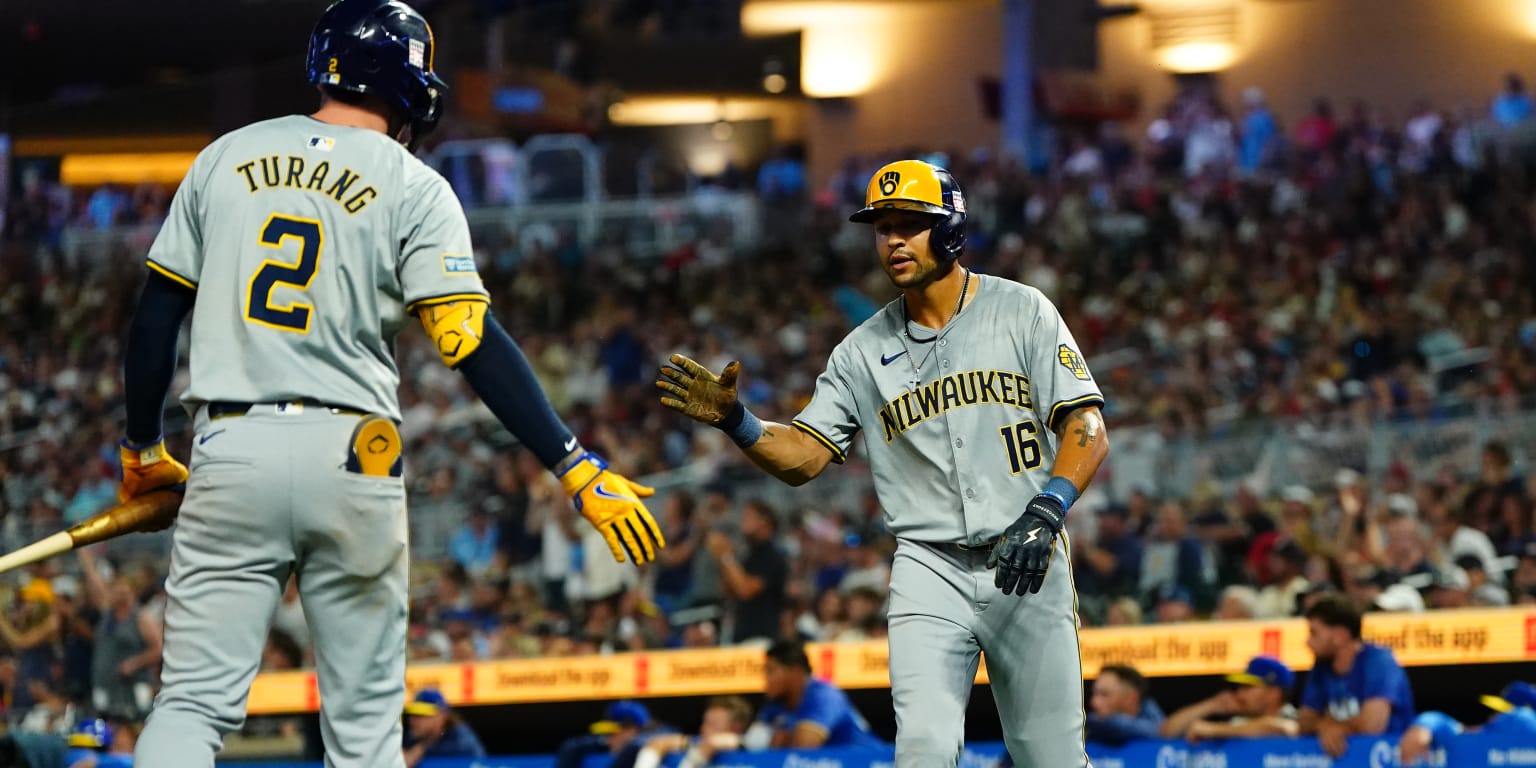 11th Inning Bunt Ends Royals Game Against Brewers
11th Inning Bunt Ends Royals Game Against Brewers
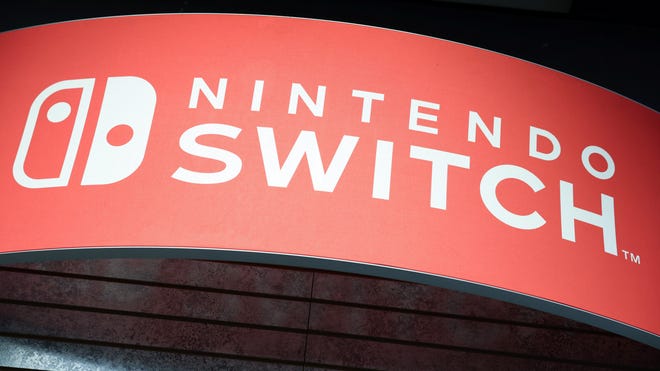 Ryujinx Emulator Shuts Down Following Nintendo Contact
Ryujinx Emulator Shuts Down Following Nintendo Contact
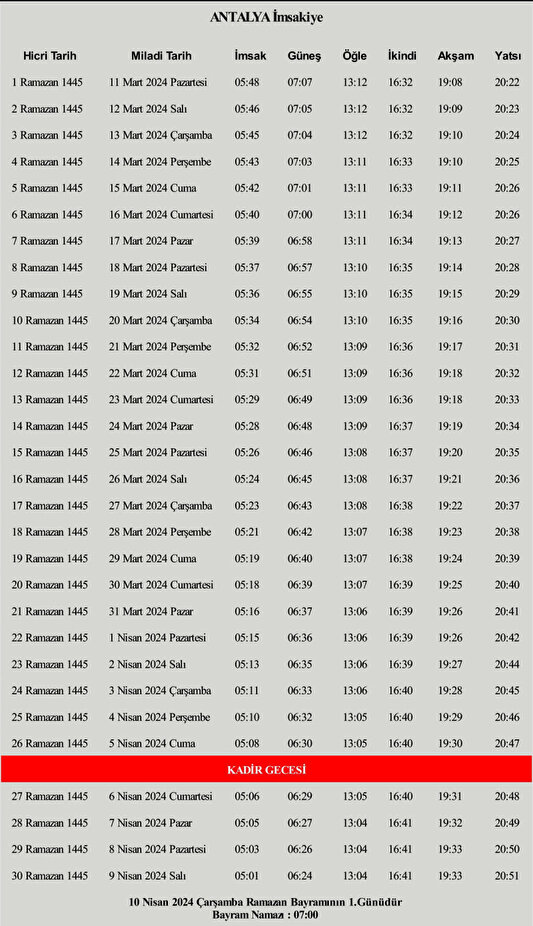 Ramazan Imsakiyesi 2024 Tuerkiye Nin Bueyuek Sehirlerinde Iftar Ve Sahur Saatleri
Ramazan Imsakiyesi 2024 Tuerkiye Nin Bueyuek Sehirlerinde Iftar Ve Sahur Saatleri
